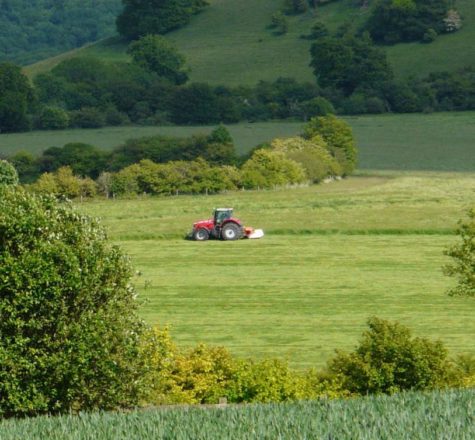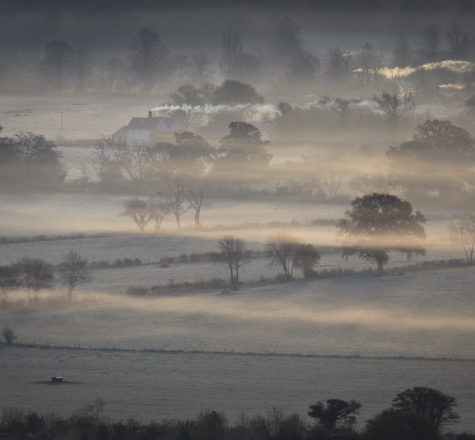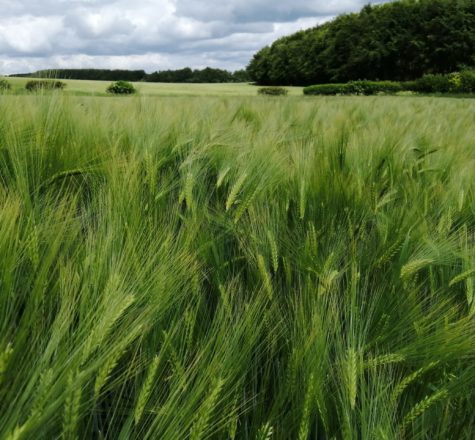What the programme will pay for
The programme will pay for projects that, in the opinion of the Local Assessment Panel, provide value for money and meet at least one of the outcomes listed below under four themes.
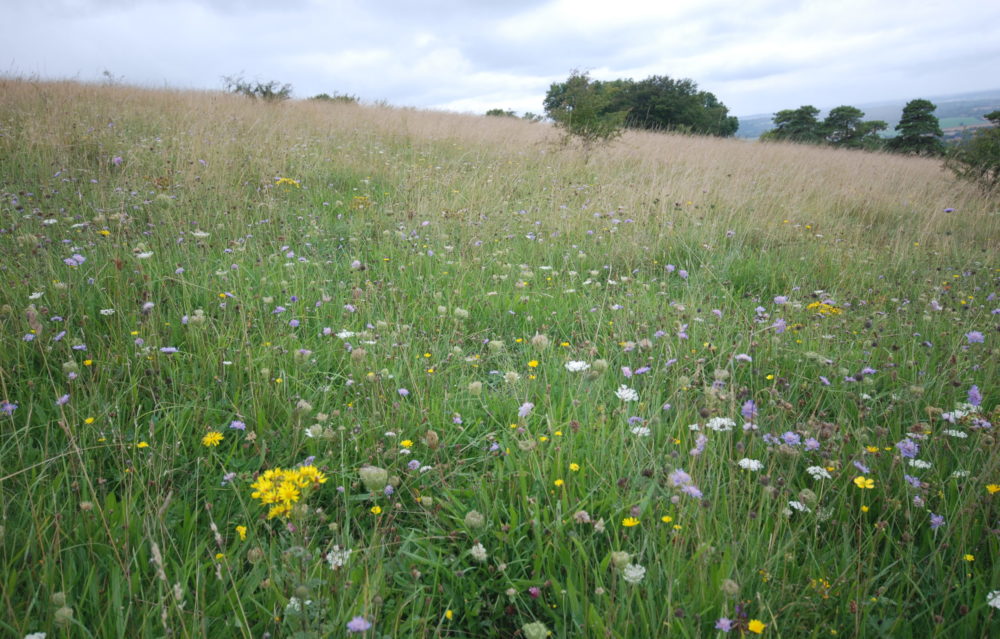
Nature outcomes
- There is a greater area of wildlife rich habitat
- There is greater connectivity between habitats
- Existing habitat is better managed for biodiversity
- There is an increase in biodiversity
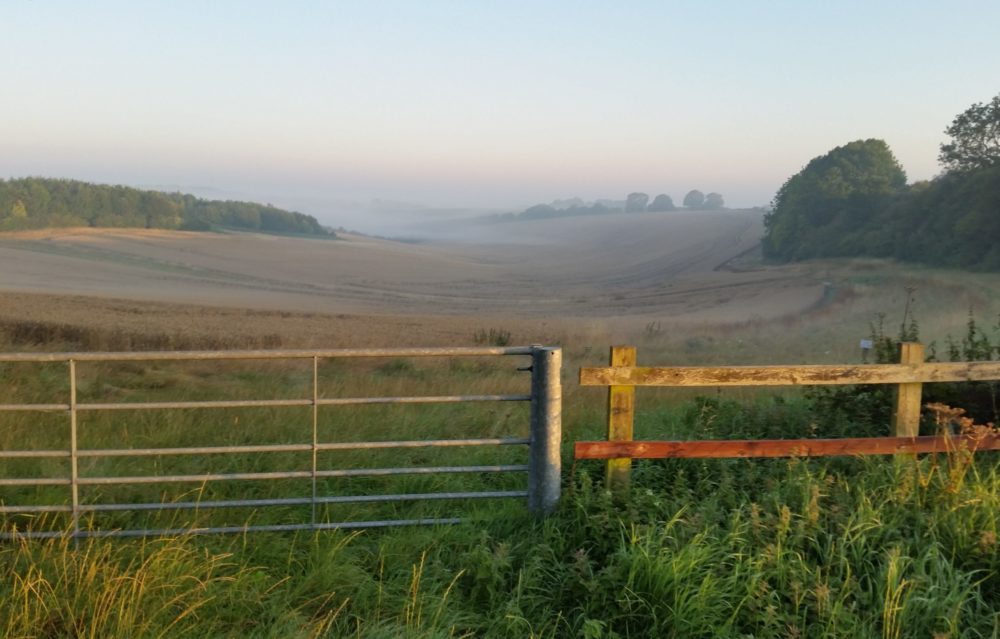
Climate outcomes
- More carbon is stored and/or sequestered
- Flood risk is reduced
- Farmers, land managers and the public better understand what different habitats and land uses can store carbon and reduce carbon emissions
- The landscape is more resilient to climate change
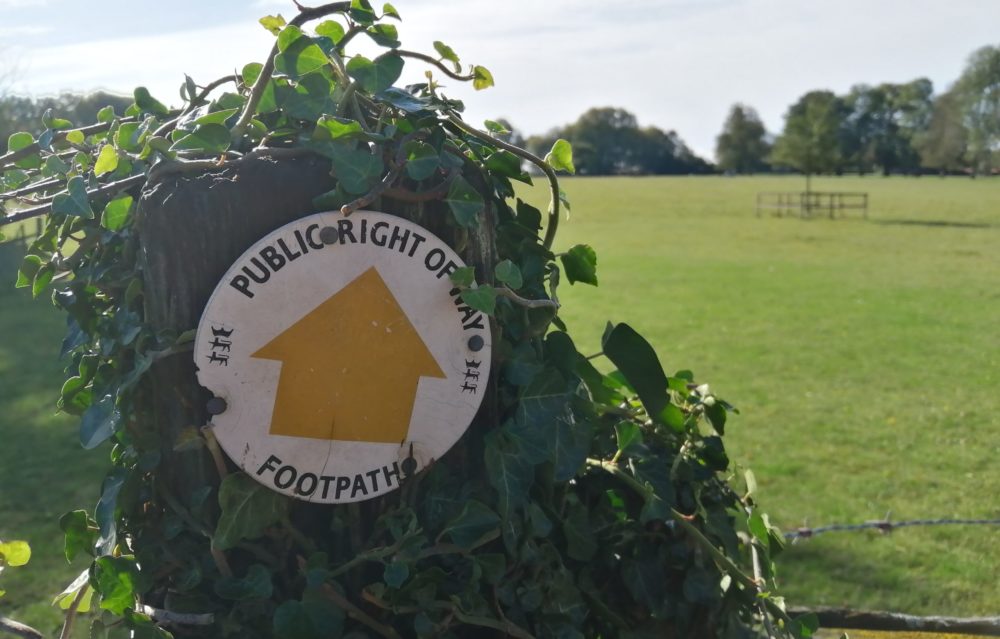
People outcomes
- There are more opportunities for people to explore, enjoy and understand the landscape
- There are more opportunities for more diverse audiences to explore, enjoy and understand the landscape
- There is greater public engagement in land management, such as through volunteering
- Farmers and land managers feel increasingly comfortable with providing public goods
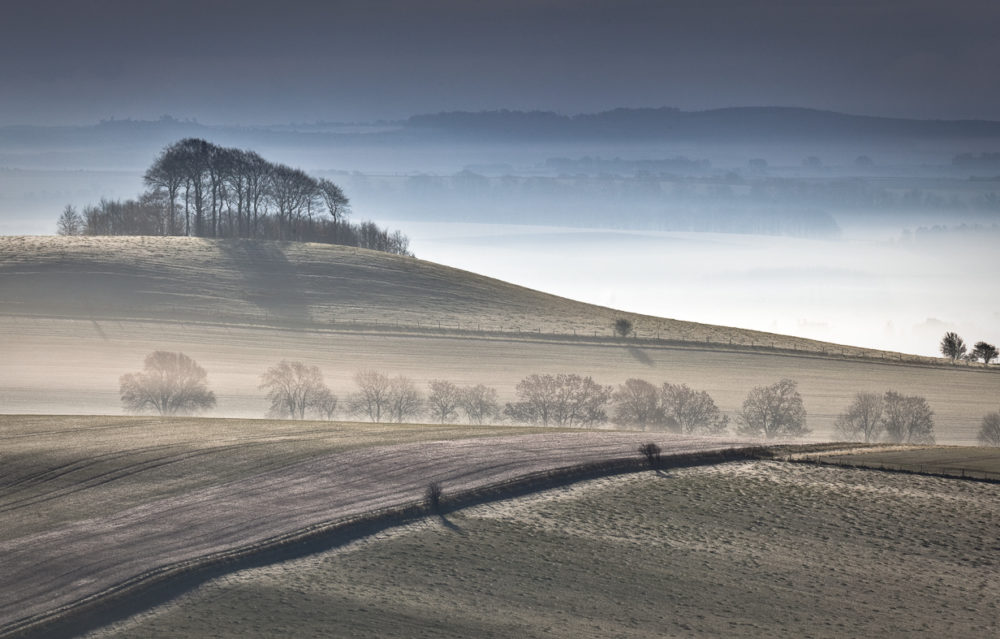
Place outcomes
- The quality and character of the landscape is reinforced or enhanced
- Historic structures and features are conserved, enhanced or interpreted more effectively
- There is an increase in the resilience of nature-friendly, sustainable farm businesses, which in turn contributes to a more thriving local economy
AONB Management Plan
Your project must also help to deliver at least one of the objectives of the North Wessex Downs AONB Management Plan which can be found at on our website here. The plan details eight themes; for each Key Issues, Strategic Objectives and Policies are presented. Applicants must demonstrate their project is contributing to the achievement of one or more of these.
We have identified the most relevant and significant priorities from the management plan to help you with decision making. There are a selection from each theme. These are not exhaustive and should only act as guidance. Where some duplication or overlap occurs across themes, only one is referenced to help avoid repetition and overcrowding and maintain a broad aspect.
Find these selected priorities hereThe Panel met in April 2023 to discuss how the remaining funds should be invested. They had a full discussion reflecting on the successes and challenges of the Programme thus far and developing some priorities. These are to help guide applicants in developing projects for FiPL funding and to help the team and the Panel make decisions at assessment.
The Panel have committed to assess applications on a case-by-case basis but want to be able to see multiple benefits deriving from the project, aligned with the Programme Outcomes and the AONB Management Plan. The case for justifying the investment needs to be clearly articulated including why other relevant sources of funding are not suitable or accessible. It is important to frame the project, its impacts and benefits, in the wider context of the landscape.
The Panel don’t want to fund projects that are maintenance, corrective or at a level with statutory obligations or compliance. Rather they want to receive applications that restore, enhance or go above and beyond. They want to fund ambitious, innovative & regenerative projects that contribute toward system change and that are leading by example.
The Panel are particularly interested in receiving applications that improve our connection with the food system and the countryside. These may be helping people understand where their food comes from, managed access on farmland or helping local communities engage with their local farmers and enterprises. They have also expressed a desire to fund projects that support young or new entrants into farming or associated enterprises. They like projects that help bring farmers together and have wider, landscape scale impacts and allow them to learn from one another. They will favour projects that create or restore habitats in the right place in the most impactful way. Above all, they want to support viable, sustainable farm businesses that are adapting to the emerging needs of the planet and population.
Farming in Protected Landscapes - More Information
Further Enquiries
For all enquiries contact our Farming in Protected Landscapes Officer at JemimaSellwood@northwessexdowns.org.uk
GET IN TOUCHMowing haylage towards Ladle Hill & Watership Down, Lord Carnarvon; Misty dawn from Adams Grave, Dave Gray; Barley, Ann Shepley

